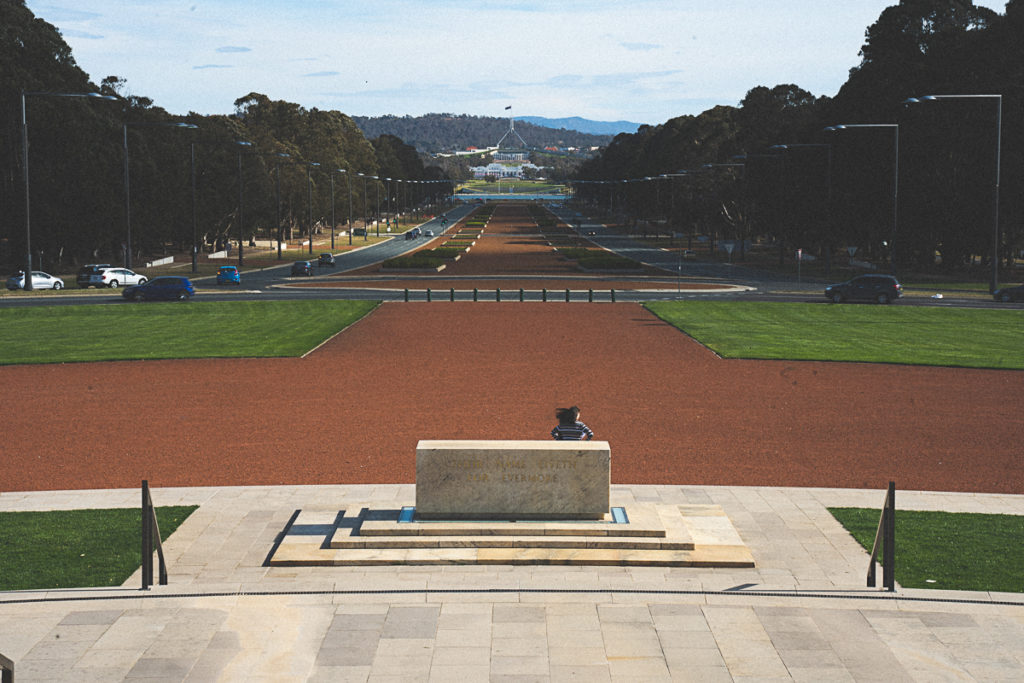Mental health issues such as anxiety and depression are unfortunately common among students and, research has shown that international students are particularly vulnerable.
The pressures of being away from their homes, studying in another language and social barriers can compound upon international students and result in mental health issues.
On top of this, some international students don’t seek help for these issues, either for personal reasons or because they don’t know where to turn.
Some international students are also confused about what services they are entitled to under their OSHC (Overseas Student Health Cover).
In this article:
- The signs of common mental health problems (like depression and anxiety)
- How to access mental health services in Australia
- How to look after yourself in the long term
Common signs of mental illness
The following are not the only signs of mental health problems, nor is any single one a definite sign of a mental health problem. However, if you or a friend experience any for a prolonged period of time, or to an unusual degree, you should seek help and advice.
- A loss of interest in hobbies or typical activities such as attending class
- Frequent irritability
- Difficulty sleeping
- Emotional outbursts
- Sudden weight gain or weight loss
- Social withdrawal
- Problems concentrating, remembering or thinking logically
- Substance abuse
- Prolonged feelings of sadness
- Excessive worrying
- Symptoms of anxiety such as heart palpitations, headaches, hot flashes or chills, shaking or shortness of breath
- Detachment from reality
Most mental health problems don’t go away by themselves but require intervention. This is why even if you’re unsure if you have a problem that you should go and speak to someone.
Where to access help in Australia
There are several options for mental health treatment available to international students:
The doctor, psychologist or psychiatrist.
Your OSHC (Overseas Student Health Cover) covers visits to the General Practitioner (a local doctor, also called a GP).
The GP is the first person you should see as you will need to get a referral from a GP if you want to see a psychiatrist or a psychologist.
You will only be partially covered for a limited amount of visits with a psychologist. Check with your OSHC provider for details.
You can call or chat with one of these services
- Lifeline For crisis support, suicide prevention and mental health support services across (Australia wide) Phone: 131 114
- beyondblue For people with depression, anxiety and other emotional issues Phone: 1300 224 636
- Kids Help Line Support for ages 5-25 (free call) Phone: 1800 551 800
Your school
Most universities/institutions offer free or discounted counselling services to their students (both international and local). Some require appointments, so just check in at your school’s website to find out.
Looking after yourself in the long term
- If you extend the length of your student visa, make sure you renew your OSHC policy straight away so that you’ll be covered.
- Take notice of when you are experiencing hard times and don’t ignore it or put off until things get really bad.
- Remember that everyone has difficulty occasionally, and there is no shame in seeking help.
- If you ever find it hard to express yourself to a health practitioner, ask if there is a translator service available.
- Keep an eye on your friends and encourage trust and openness in your friendships so that you can talk with one another if things get rough.





